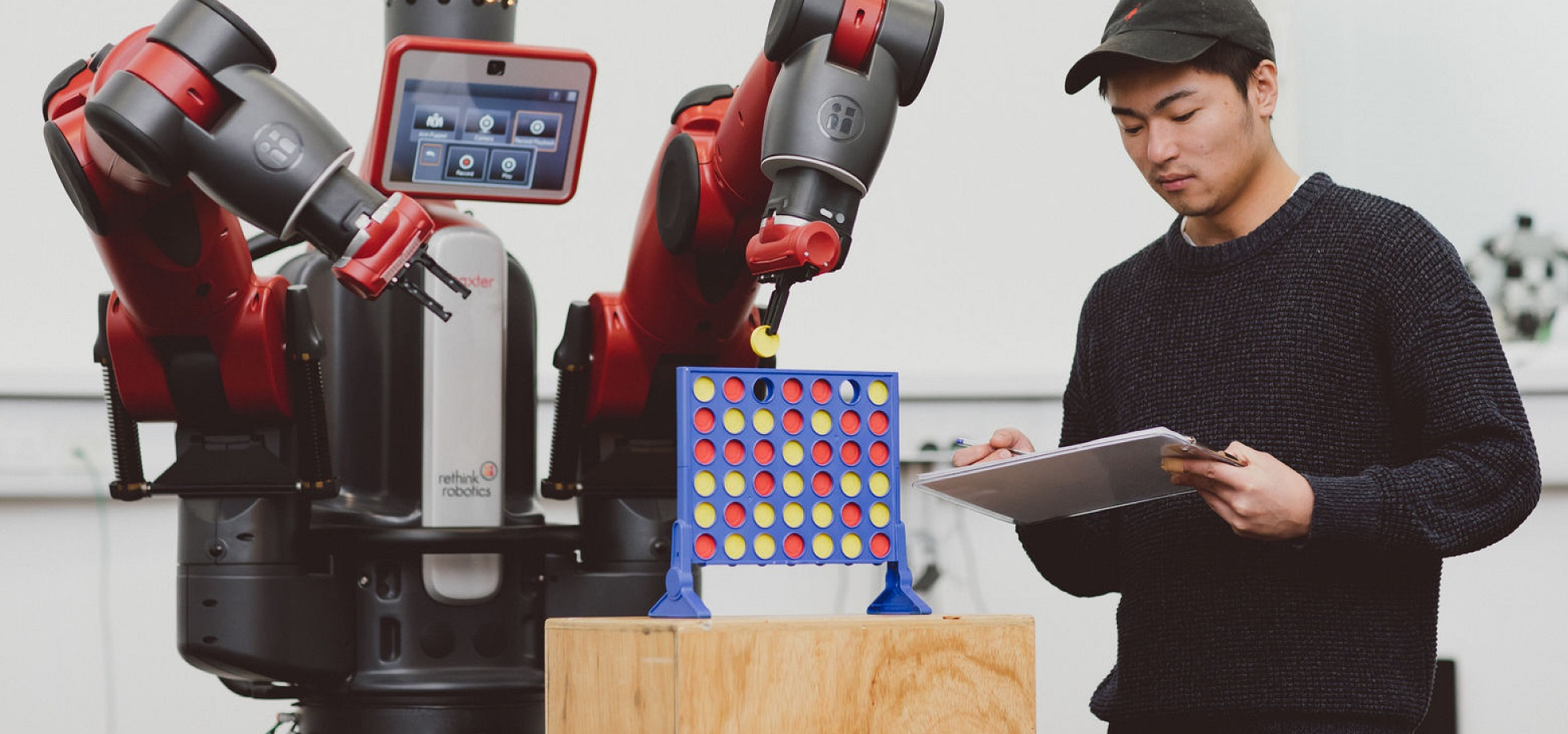
Module Description
Module Aim
Learning Outcomes
After completing this module, students will be expected to be able to:
1. Demonstrate an understanding of the basic concepts and principles of neural computation as an approach to intelligent problem-solving.
2. Describe the commonly used neural network architectures and learning algorithms.
3. Distinguish classes of problems to which neural networks offer solutions superior to other methods.
4. Design a neural network to solve a particular problem.
5. Implement typical neural networks in software for regression and pattern classification.
6. Gain understanding and knowledge of deep neural networks.
Outline Syllabus
Introduction to Artificial Neural Networks
- basic concepts and principles of ANNs
- biological motivations and brief history of ANNs
- neuron models and neural network architectures
- computational power of ANNs in comparison with conventional AI methods
- ANN applications
Basic Learning Rules and Theories
- basic issues in neural network learning
- derivative-based methods such as error gradient descent learning algorithms
- derivative-free methods such as simulated annealing, genetic algorithm, Hebbian learning and competitive learning
- the bias-variance dilemma in learning from data
Feedforward Neural Networks Using Supervised Learning
- feedforward neural network architectures and supervised learning
- perceptron: architecture, error correction learning, limitations
- multilayer perceptron (MLP): architecture, back-propagation learning algorithm
- radial basis function (RBF) network: architecture, learning algorithm, comparison with MLP
Self-organising Neural Networks Using Unsupervised Learning
- unsupervised learning: learning without a teacher
- adaptive resonance theory (ART) neural network: architecture, learning algorithm
- self-organising map (SOM) neural network: architecture, learning algorithm
Recurrent Neural Networks
- recurrent neural network architectures
- Hopfield neural network: energy function, Hebbian learning, stability analysis
Deep Neural Networks
- concepts and architectures
ANN Applications and Recent Advances
- basic issues and strategies in neural network applications: data collection and preprocessing, classification, regression, prediction, and intelligent control
- recent advances in neural network research and development: support vector machine (SVM), reinforcement learning, neuro-fuzzy networks, etc.
- Module Supervisor: Hani Hagras